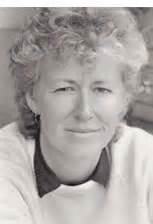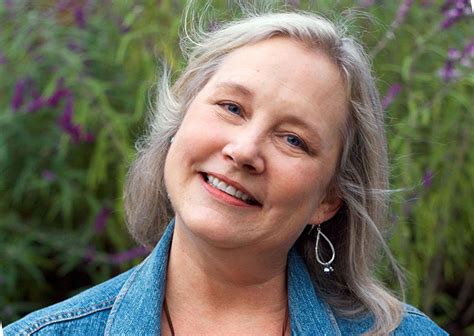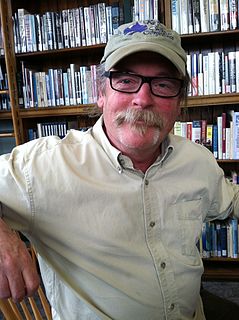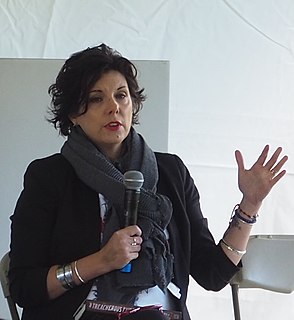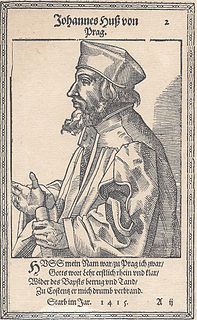A Quote by Paul Auster
Related Quotes
In fact, I always assumed that most everything I read was true, to one degree or another. I couldn't articulate this fact until after I read Tim O'Brien's The Things They Carried and he discussed Happening Truth, Story Truth, and Emotional Truth. I always understood that the facts of The Sun Also Rises or On the Road were the facts as dictated by a certain narrative structure, but because the experiences of those characters echoed my own feelings about the world. I knew there was a Happening Truth behind them.
Truths emerge from facts, but they dip forward into facts again and add to them; which facts again create or reveal new truth (the word is indifferent) and so on indefinitely. The 'facts' themselves meanwhile are not true. They simply are. Truth is the function of the beliefs that start and terminate among them.



